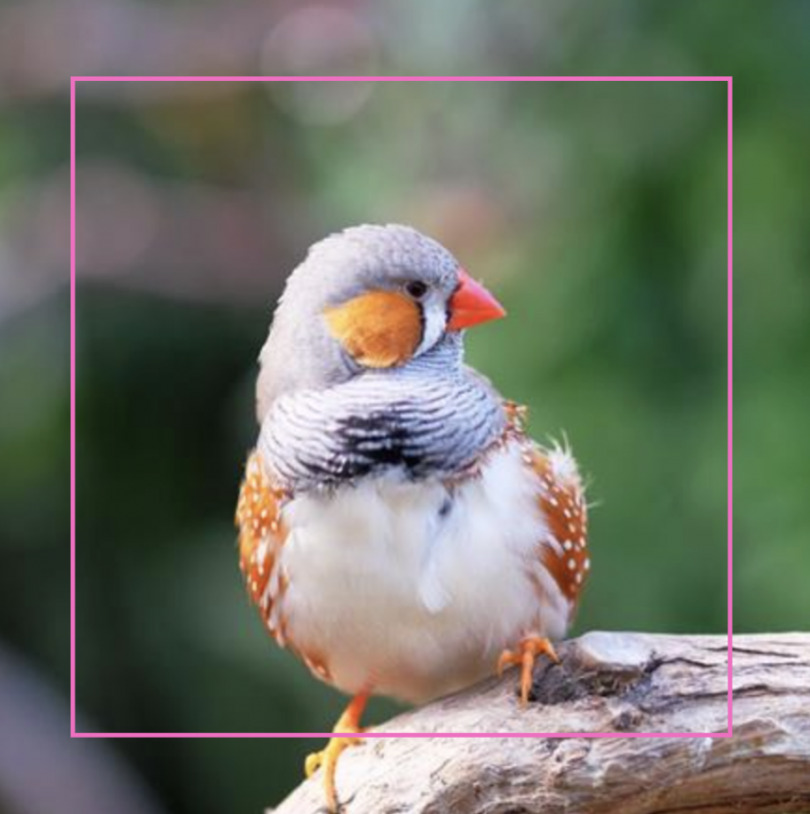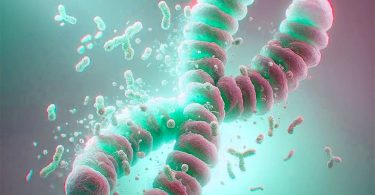A bird native to Australia has natural properties to fight against glycation.
The human organism does not know how to defend itself against glycation which inevitably leads to aging. This is apparently the case in all mammals.
At the same body mass, birds survive longer than mammals.
A team of French researchers has highlighted the following paradox: The Australian zebra finch, while having high levels of plasma glucose, does not present any form of glycated hemoglobin (1).
How these birds escape the pro-aging effects of glycation remains unknown to this day and is likely related to the very particular evolution of birds.
The discovery of the mechanisms explaining the resistance of their hemoglobin to glycation would open up new avenues in the fight against aging.
© Age Breaker 05 2022
✅ [Glycation is one of the major causes of aging. Resulting from the fixation of sugars on the proteins constituting the organism, glycation generates toxic compounds that cause cellular aging. Glycation is particularly involved in metabolic disorders, skin aging and cognitive decline.]
✅ [AGE BREAKER, patented nutritional supplements, based on rosmarinic acid, recognized by aging specialists around the world for their properties to reverse the effects of glycation.]
More on www.agebreaker.com
#agebreaker #glycation
1: C. Brun et Al. Resistance to glycation in the zebra finch: Mass spectrometry-based analysis and its perspectives for evolutionary studies of aging.
Experimental Gerontology. Volume 164, July 2022, 111811. Available online 25 April 2022. doi.org/10.1016/j.exger.2022.111811









